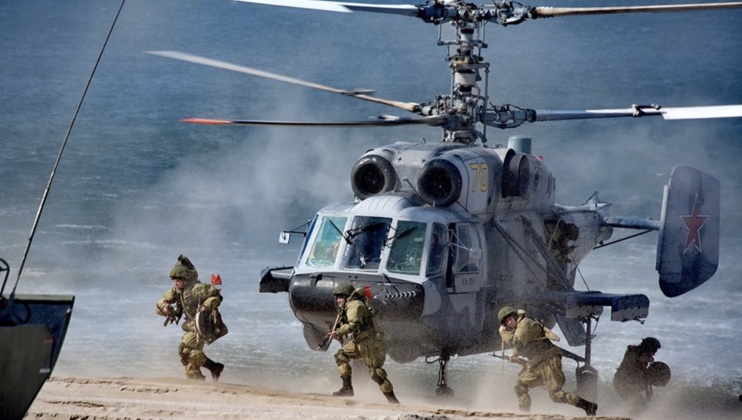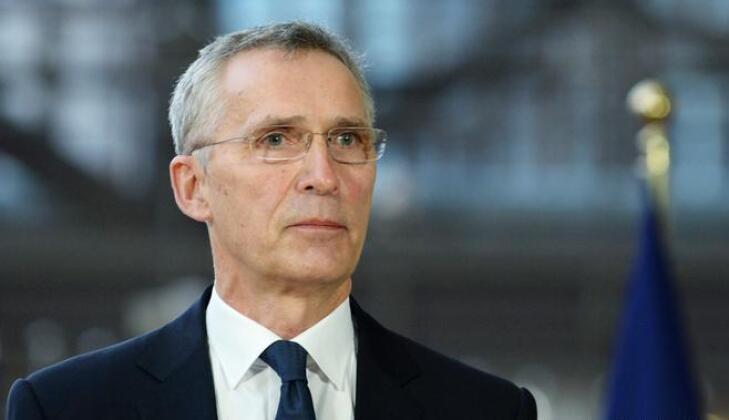Amid rising tensions and stalling talks between Russia and NATO, primarily centred around the issue of Ukraine’s potential accession to the Western alliance, expressions of certainty from within Western governments of Russian plans to launch an invasion of its neighbour have grown. On January 15th Tobias Ellwood, chairman of the British House of Commons Defence Committee, stated to this effect: “We had the opportunity to place sufficient military hardware and personnel in Ukraine to make president Putin think twice about invading but we failed to do so. Only President [of Russia Vladimir] Putin knows what he is going to do next, but next week would seem pivotal. He has negotiated himself into a corner and after Nato refused to bow to his threats seemingly only one option remains.” Similar assessments were made in Washington, where White House Press Secretary Jen Psaki warned that Moscow was laying the groundwork for an attack. This allegedly included not only a Russian military buildup near Ukraine’s borders, but also an alleged disinformation campaign framing Kiev as the aggressor. “Russia is waging a disinformation campaign intended to destabilise and justify an invasion of its sovereign neighbour Ukraine. Russia must halt its aggression, deescalate and engage in meaningful talks,” she stated.

In talks with NATO Russia has requested security guarantees including that the alliance should cease to expand, with the possible absorption of former Soviet states Ukraine and Georgia into the alliance being a particularly sensitive issue for Moscow. Their membership would facilitate the deployment of U.S. and other western forces, including possibly nuclear assets, in very close proximity to Russian territory. NATO Secretary-General Jens Stoltenberg has strongly ruled out the possibility that the alliance could limit its membership, however. Russian sources have long claimed that the withdrawal of Soviet and later Russian forces from Eastern Europe was based on assurances that NATO would not expand east of Germany. The bloc’s subsequent growth almost to encompass almost the entire continent is seen in Moscow as a violation by the Western powers placing Russian security at risk. NATO has encompassed not only the former Warsaw Pact military bloc, which had been led by the Soviet Union, but also parts of the former USSR in the Baltics. Stoltenberg has refuted this narrative, claiming NATO never pledged to stop expanding and would never do so.

Russia has indicated that admission of Ukraine into NATO could lead it to respond by reestablishing military bases in the Western Hemisphere, specifically in Venezuela and Cuba the latter which hosted major Soviet facilities during the Cold War. Russia has deployed nuclear capable strategic bombers to Venezuela during times of high tensions on a number of occasions, most notably in 2018. Beyond preventing its accession to NATO, Russia’s rationale for a possible invasion of Ukraine remains questionable in light of both strong anti-Russian sentiments among the population in the country’s western regions, as well as its limited strategic or economic value which would risk placing a significant burden on the Russian economy. While Ukraine was home to many key industries when the Soviet Union collapsed in 1991, its industrial decline has been even more rapid than that of Russia itself meaning its value 30 years later remains limited. Russian state media and other state affiliated sources have nevertheless warned that Ukraine could be preparing provocations to use Western claims of an imminent Russian invasion as a pretext to launch a war of aggression of its own primarily targeting Russian-backed insurgents in the country’s eastern regions.
